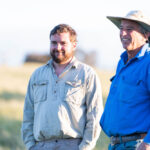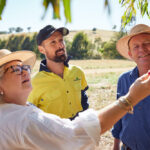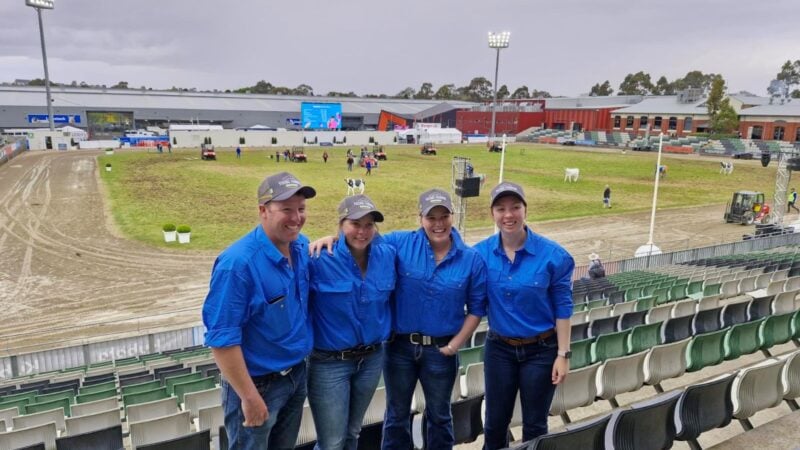These colourful stories show us what can happen when families pull together and work towards…
Australia�s farming history
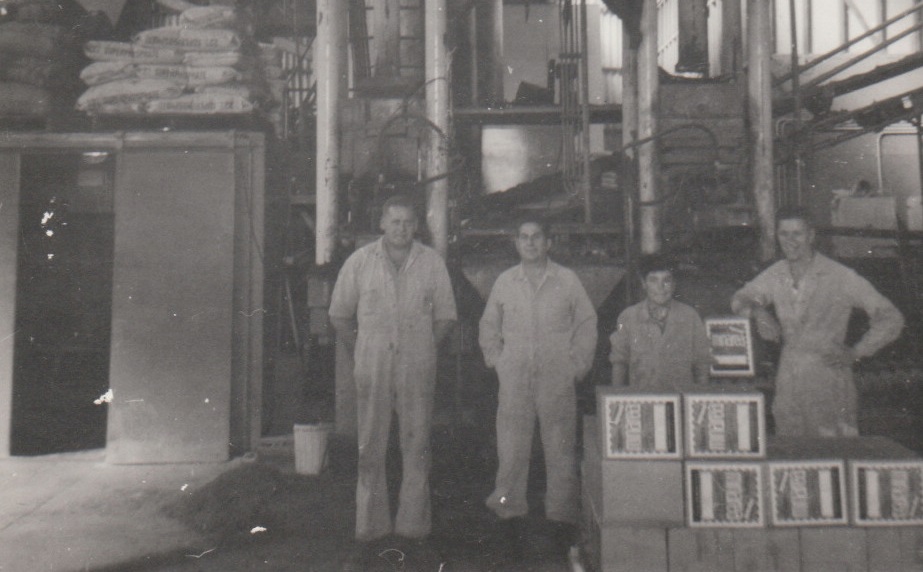
Australia�s farming history goes back to the First Fleet and the fledgling colony of NSW, when growing food was a matter of survival for British soldiers, sailors and convicts in a strange, new land.
While the first farm at what is now Sydney�s Botanic Gardens produced mixed results, James Ruse�s Rose Hill farm proved Australia could produce crops and John Macarthur�s small flock of merinos would lay the foundation for future colonial prosperity.
This rich history of Australian agriculture, of grit and determination in the face of an unforgiving land, is not just the stuff of history books but a living part of modern Australia. Here we celebrate the long history of just three iconic names.
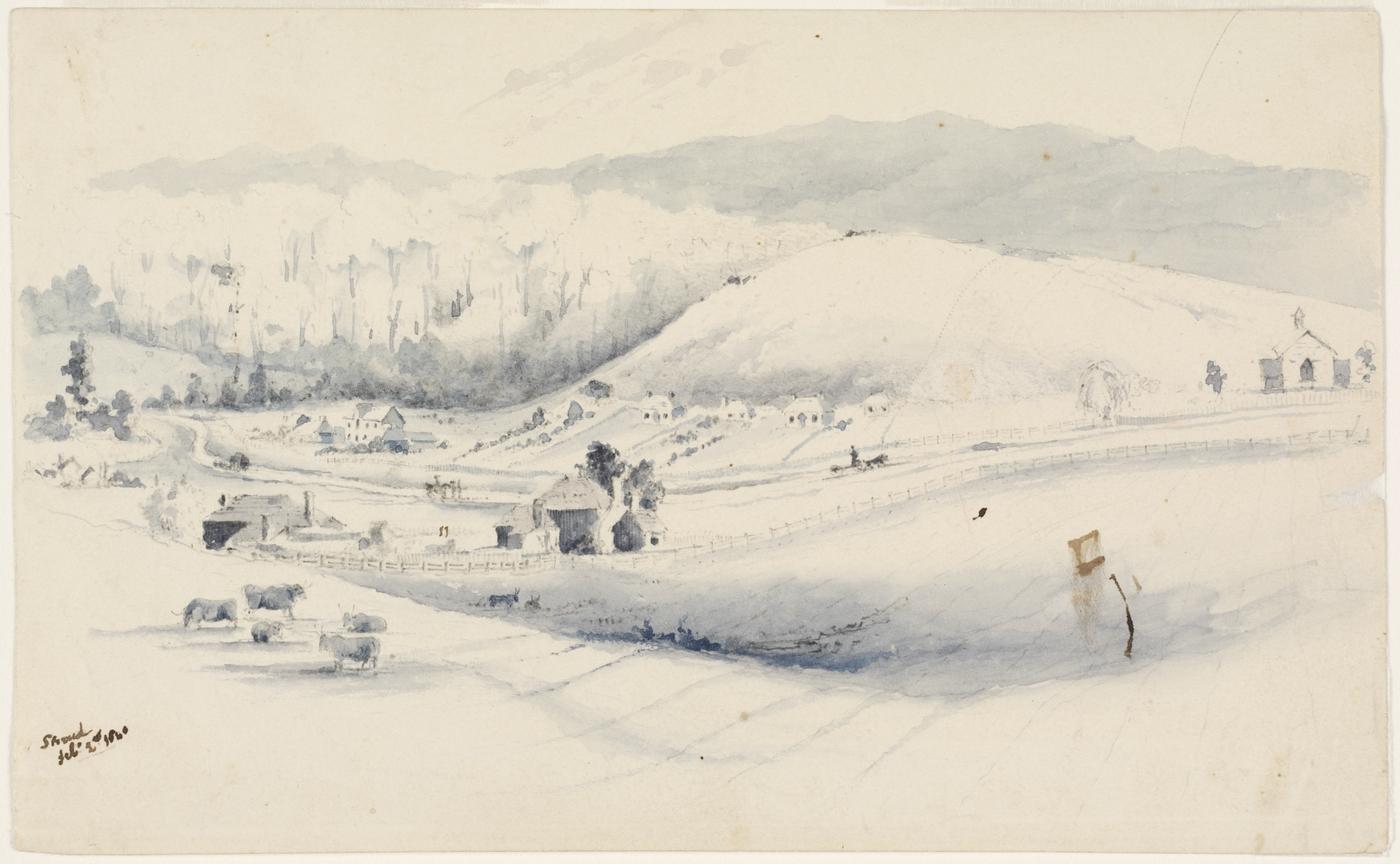
AACo
Established 200 years ago via a Crown Grant of 1 million acres at Port Stephens, just north of Newcastle, the Australian Agricultural Company is the grandfather not only of farming businesses, but all Australian businesses.
When Port Stephens proved challenging for sheep in 1833, the company was granted land parcels on the Liverpool Plains, including the Warrah Estate of 249,600 acres west of Murrurundi and the Goonoo Goonoo Estate of 313,298 acres along the left bank of the Peel River, to the south of present-day Tamworth.
Over the years it had a role in mining and the development of several communities that still exist today, but by the 1890s large-scale pastoralism in eastern NSW was coming to an end and, following government resumption of the Goonoo Goonoo and Warrah Estates in 1909 and 1910, AACo turned its attention to the northern states and cattle farming.
Today, AACo is Australia’s largest cattle producer holding roughly 6.5 million hectares � roughly 16 million acres � of land in Queensland and the Northern Territory, running an integrated cattle production system across 19 owned cattle stations, three leased stations, two owned feedlots, two owned farms and one leased farm. It exports premium branded beef around the world with tailored route-to-market models for each country.
The company takes great pride in �our Australian hard-working attitude combined with years of experience cultivating cattle on our pristine pastoral assets”, and claims to �capture the magic of Australia and craft this into remarkable dining experiences for people around the world to enjoy.�
Elders
For 185 years Elders has played a key role in rural and regional communities by servicing farmers and their families.
In 1839, Alexander Elder set sail for South Australia from the Port of Kirkcaldy in Scotland, bringing with him barrels of tar, roofing slates, seeds and agricultural tools, founding Elder and Company. In 1854, Alexander�s younger brother Thomas formed Elder, Stirling & Co � later Elder Smith and Co � in Adelaide, operating shipping and wool broking services.
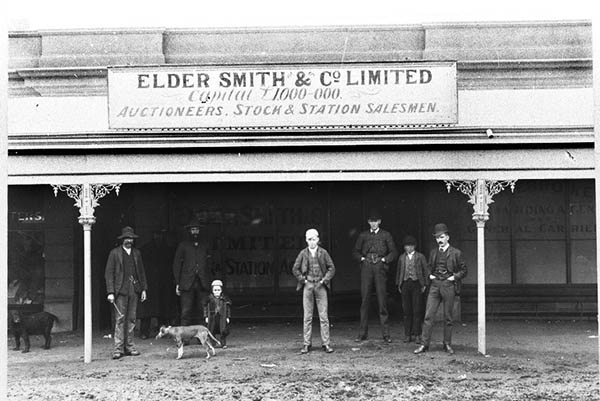
By 1881, the company had a network of agents across 64 towns, and was shearing 1.5 million sheep across its properties.
Over the following century the business continued to evolve and expand, but the most remarkable transformations would come when it merged with jam maker Henry Jones IXL in 1982, followed by a takeover of Carlton & United Breweries � which was renamed Elders Brewing Group.
But the economic downturn at the end of the 80s saw Elders refocus on its agricultural roots, and it returned to a pure play agribusiness in 2013.
Today, Elders is a significant supplier of farm inputs including seeds, fertiliser, chemicals and animal health products; its network of agronomists supports farmers in the paddock, while its agents help sell food and fibre grown in the paddock. Its real estate and financial services round out its �one stop shop� approach.
Olsson Industries
A relative newcomer compared to AACo and Elders, Olsson Industries is �only� 70 years old.
Australia’s oldest family-run producer of salt products for livestock, Olsson Industries began in Parramatta in 1948, when Norman Olsson saw an opportunity to support graziers during drought. Norman realised his ice block business was becoming obsolete with the advent of refrigeration, and invested in a block press to address the nutritional needs of livestock during the drought impacting his neighbours.
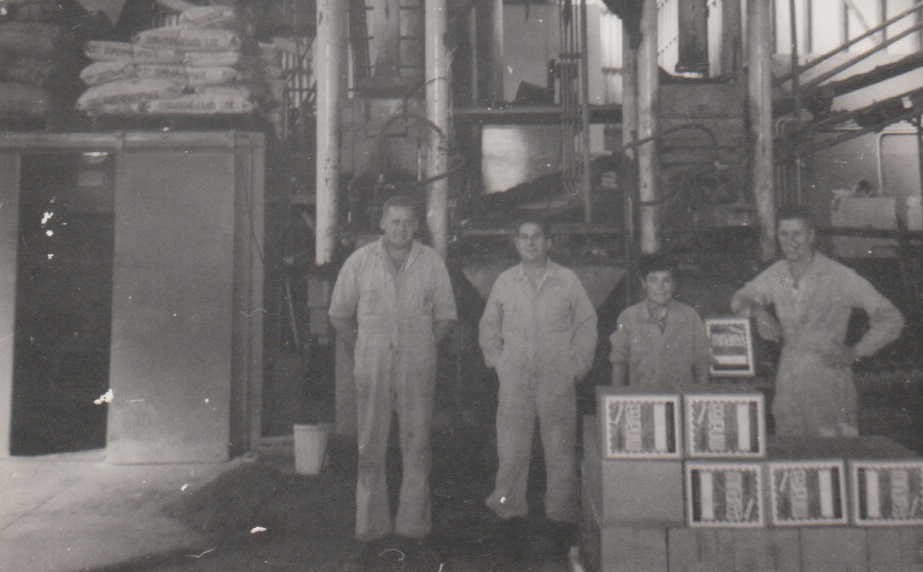
Over the decades Olsson�s was a true family affair, according to grandchildren Alex and Murray, with the children �brought to the factory from a very young age during school holidays, making boxes and packing salt � involved in every facet of the business, from formulations, fixing machinery to sales and stacking pallets.�
“What started as simple nutritional supplements evolved into medicated blocks, and now includes advanced supplementation to improve livestock productivity. We’ve come to understand the crucial role of micro-organisms and the impact of bypass proteins in the rumen. Our feed blocks and licks are a direct response to this understanding, ensuring optimal nutrition and therefore performance for livestock,� Alex Olsson said.
From its early days in NSW and South Australia � where it bought its first saltworks � Olsson Industries has helped open up northern Australia to productive grazing operations.
�We’ve developed high-concentrated free-choice supplements for northern Australia, addressing deficiencies in protein, sulfur, and phosphorus,� Murray Olsson said. �Our feed advancements have also reduced the impact of toxic native plants like poisonous gidgee and lantana, allowing livestock to process the feed and reducing mortality rates.�
Feeding the future
As Australia has grown and developed, so too have our agricultural businesses such as AACo, Elders and Olsson Industries. Building reputation through personal relationships with individual farmers and rural communities, these companies have made their mark on our landscape and quite literally have helped grow our nation, and in so doing have fed generations of Australians.
While they may not be quite as recognisable in the cities as RM Williams or Akubra, true country people can picture the Elders logo or a humble lick block. They are still a testament to the value of the agricultural industry, and we wish them all the best as they continue to support our farmers.
- Read more: Three clever Aussie inventions that shaped the agricultural industry
- Read more: NSW Farmers throughout the decades
Sources
- State Library of NSW
- Mitchell Library, State Library of New South Wales
- National Geographic
- The Dictionary of Australasian Biography
- Australian Dictionary of Biography
- AACo
- Elders
- Olsson Industries


